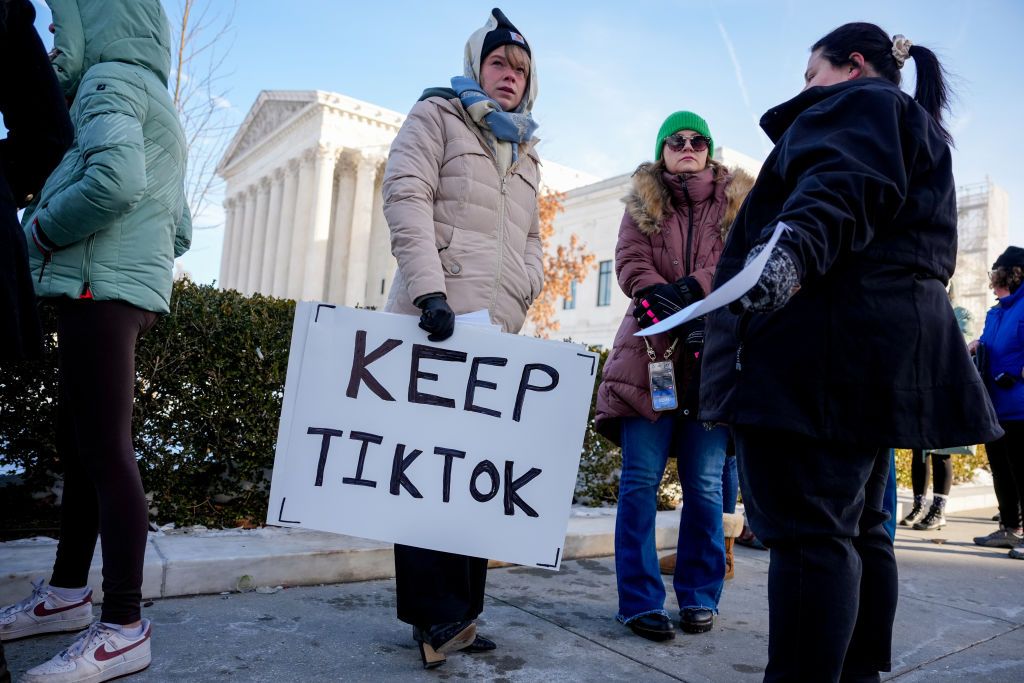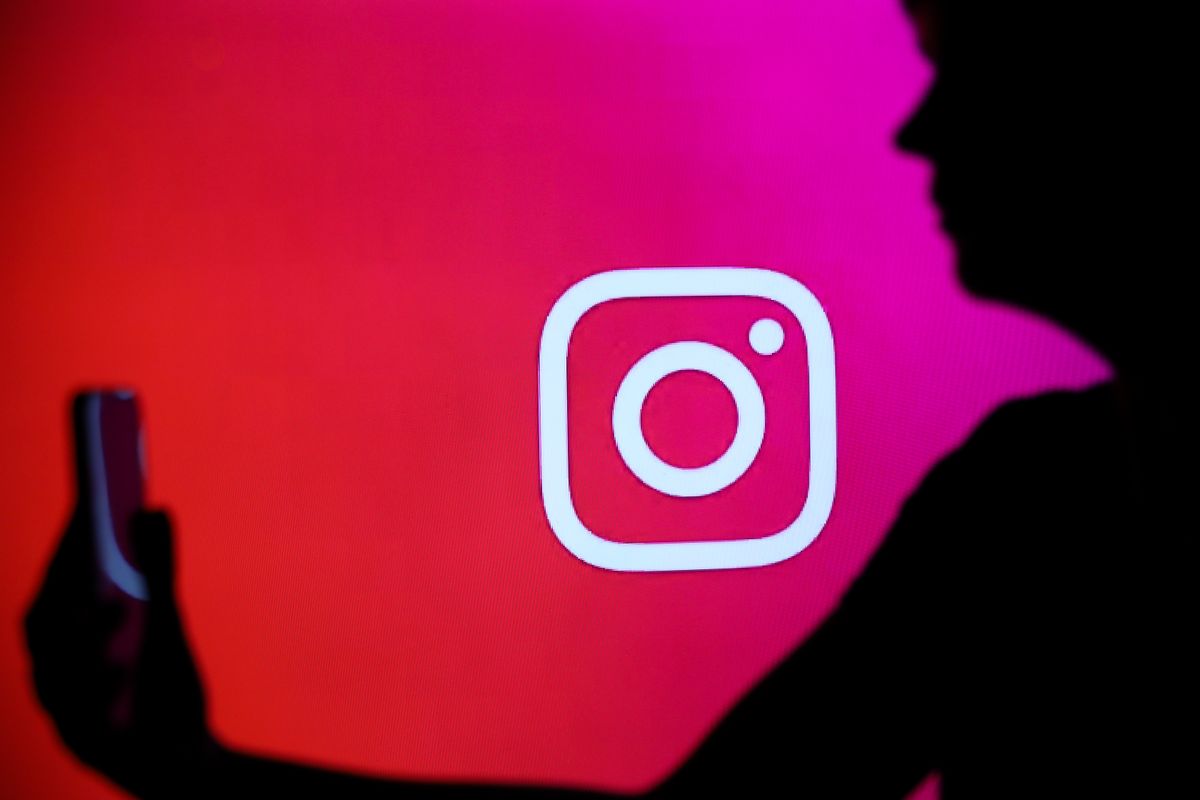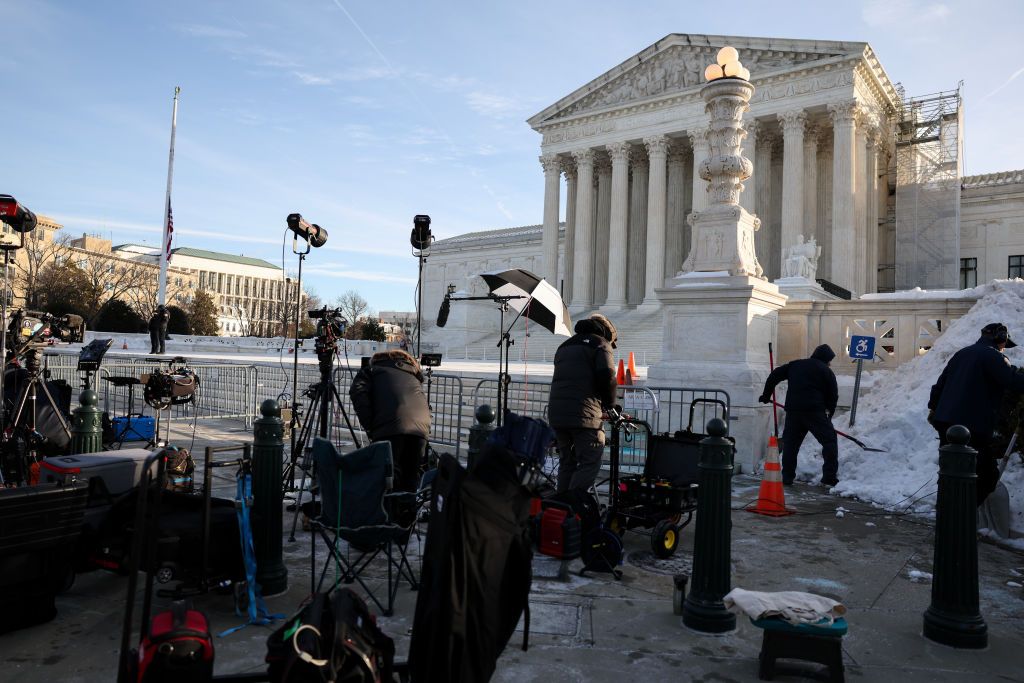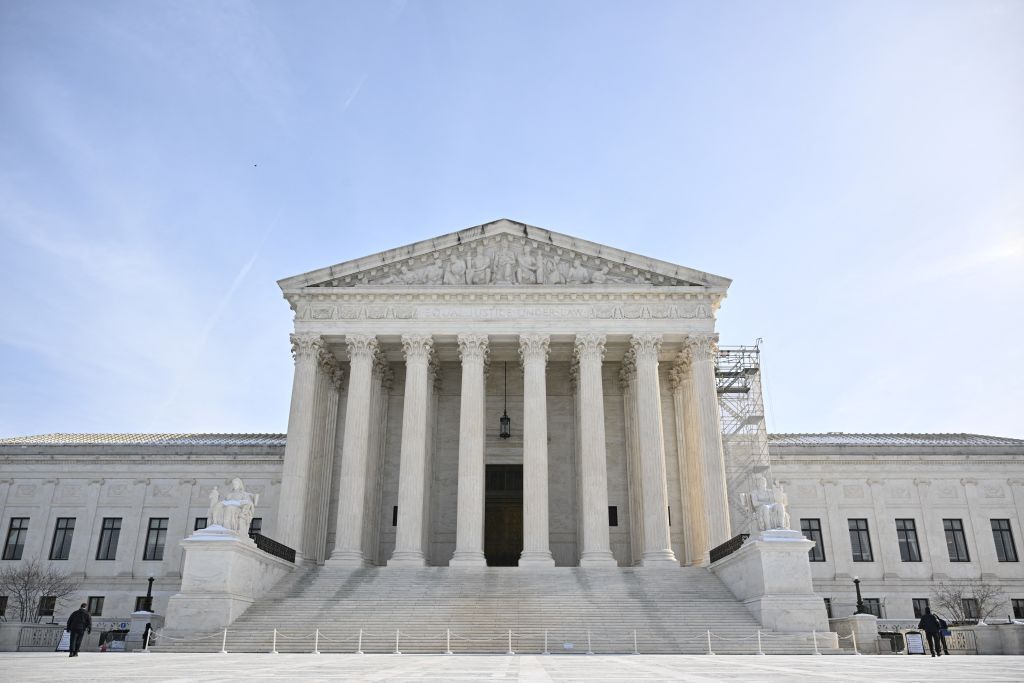In a groundbreaking decision just days before President-elect Donald Trump’s inauguration, the U.S. Supreme Court has authorized the nationwide ban of TikTok, citing national security concerns over the app’s Chinese ownership.
With over 170 million American users, TikTok has become a cultural juggernaut, particularly among younger audiences. However, ByteDance, the app’s Chinese parent company, now faces a pressing ultimatum: divest its U.S. operations by January 19 or see TikTok removed from app stores like Apple and Google. While the Biden administration originally spearheaded the legislation, both it and the incoming Trump administration have signaled potential adjustments to the ban’s enforcement, leaving the app’s future in uncertain territory.
What a TikTok Ban Could Mean for Millions of Users in the U.S.
The Supreme Court's approval of a law that might lead to a TikTok ban has major consequences for its U.S. users, including:
Potential Loss of Access
If the law results in a complete ban, users could be locked out of TikTok entirely, unable to find it in app stores or use the app on their devices.
Shift to Alternative Platforms
With TikTok's future in doubt, users might start exploring alternative social media platforms like Instagram Reels, YouTube Shorts, or other new apps that offer similar experiences.
Creator and Business Impact
Influencers, content creators, and businesses that depend on TikTok for income and marketing could face challenges, prompting them to seek out different platforms to maintain their audience and earnings.
Workarounds and VPN Use
If a ban happens, some users might try to circumvent the restrictions using VPNs or other techniques, although this could pose its own legal or security challenges.
Is the TikTok ban exclusive to the United States?
The TikTok ban isn’t just a problem for the United States. While the U.S. is looking at a ban due to national security and data privacy worries, other countries are also taking action. India, for instance, already banned TikTok back in 2020 because of security concerns. On the other hand, countries in Europe, along with Canada and Australia, are voicing their worries about TikTok’s data practices, although they haven’t gone as far as imposing a complete ban. Governments worldwide are closely monitoring TikTok as discussions about user privacy and foreign influence intensify.








